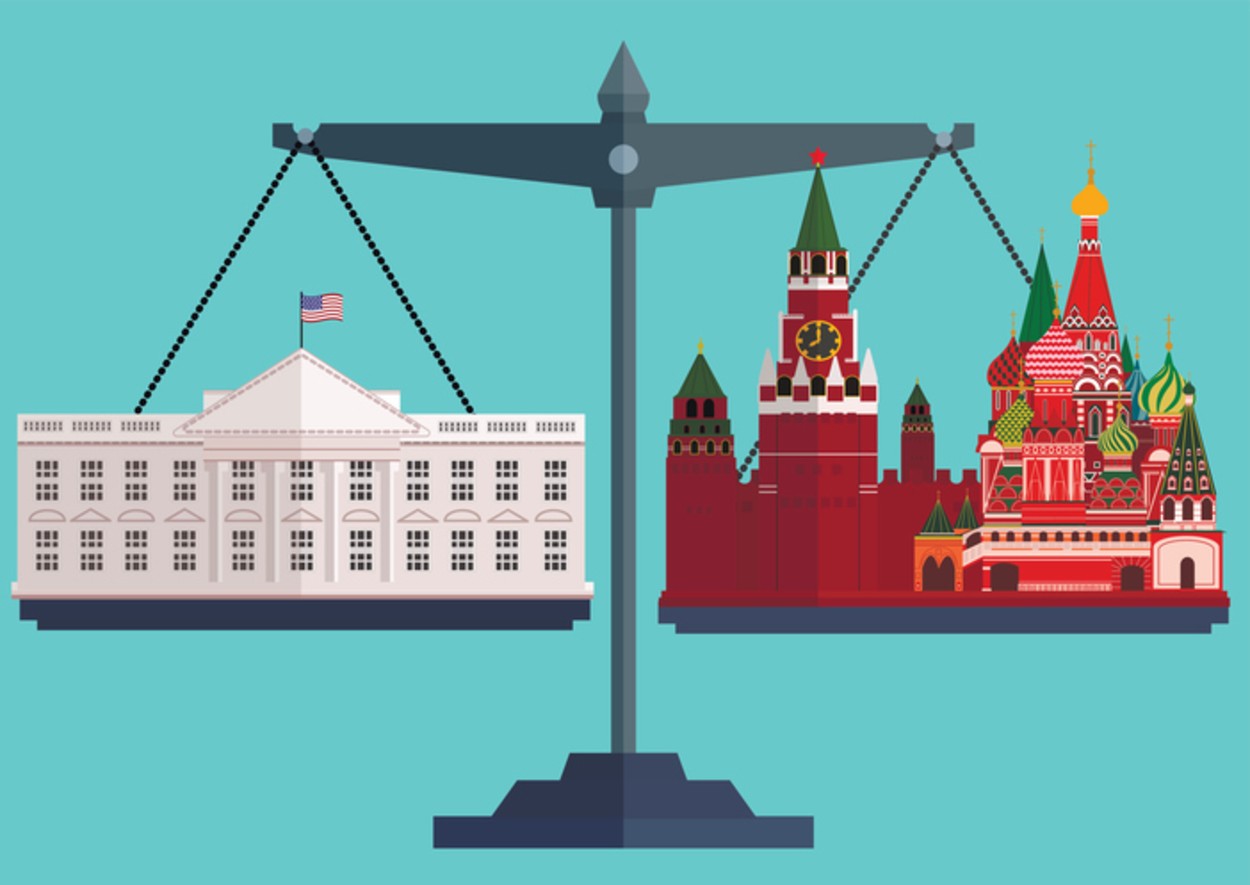Summary: President Biden could clear the way for Ukraine to use long-range Western weapons inside Russian territory if the United States does not provide those weapons. Simon Miles, an associate professor at Duke University’s Sanford School of Public Policy, offers the following insights into what implications lifting those restrictions might have.
Quotes:
“Joe Biden has an opportunity today, when he meets with newly installed UK Prime Minister Kier Starmer, to empower Ukraine to defend itself by lifting the longstanding restriction on Kyiv’s use of Western-provided munitions to strike military targets on Russian territory,” says Simon Miles, an associate professor at Duke University’s Sanford School of Public Policy.
“Time and again, the Biden administration has conjured up red lines for the Russian adversary, painfully slowly been persuaded to cross them — take the provision of HIMARS artillery, then Abrams tanks, and then F-16 fighter aircraft, for example — and then shown that in fact, those lines were always brighter viewed from Washington than from Moscow.”
“We know this is a threat to the Kremlin because as soon as credible reports emerged that President Biden might at least sign off on UK weapons being used at longer ranges behind Russian lines (even if he does not — yet — remove similar restrictions on those given by the United States), Russian President Vladimir Putin warned that this would be tantamount to a NATO invasion of Russia.”
“Leaving aside the fact that his claims about only Western military personnel being able to operate these weapons are categorically false, Putin knows that the escalation of which he warns is a much worse outcome for Russia than it is for the United States and NATO — it is Moscow, not Washington, that has the most to fear from escalation.”
“Deeper strikes with Western-provided weapons into Russian territory will not be transformative in this war; but the fact is that no single piece of equipment will. But they will aid the Ukrainians in striking Russian force concentrations, logistical hubs, and tactical aviation. And they will force Russia to keep its longer-range aircraft which launch the glide bombs which terrorize Ukrainian cities further into Russian territory, providing more warning for air defense efforts to protect civilians.”
“The Kremlin has not been shy about using Chinese, Iranian and North Korean weapons to strike Ukraine and seems to have scared the White House into believing it cannot respond in kind. It’s time for the United States and its NATO allies to give the Russian invaders a taste of their own medicine.”
Bio:
Simon Miles
Simon Miles is an assistant professor in the Sanford School of Public Policy at Duke and an expert on Russia and the former Soviet Union. He is the author of “Engaging the Evil Empire,” an account of how Washington and Moscow ended the Cold War.
For additional comment, contact Simon Miles at:
simon.miles@duke.edu
—
Media Contact:
Steve Hartsoe
steve.hartsoe@duke.edu
